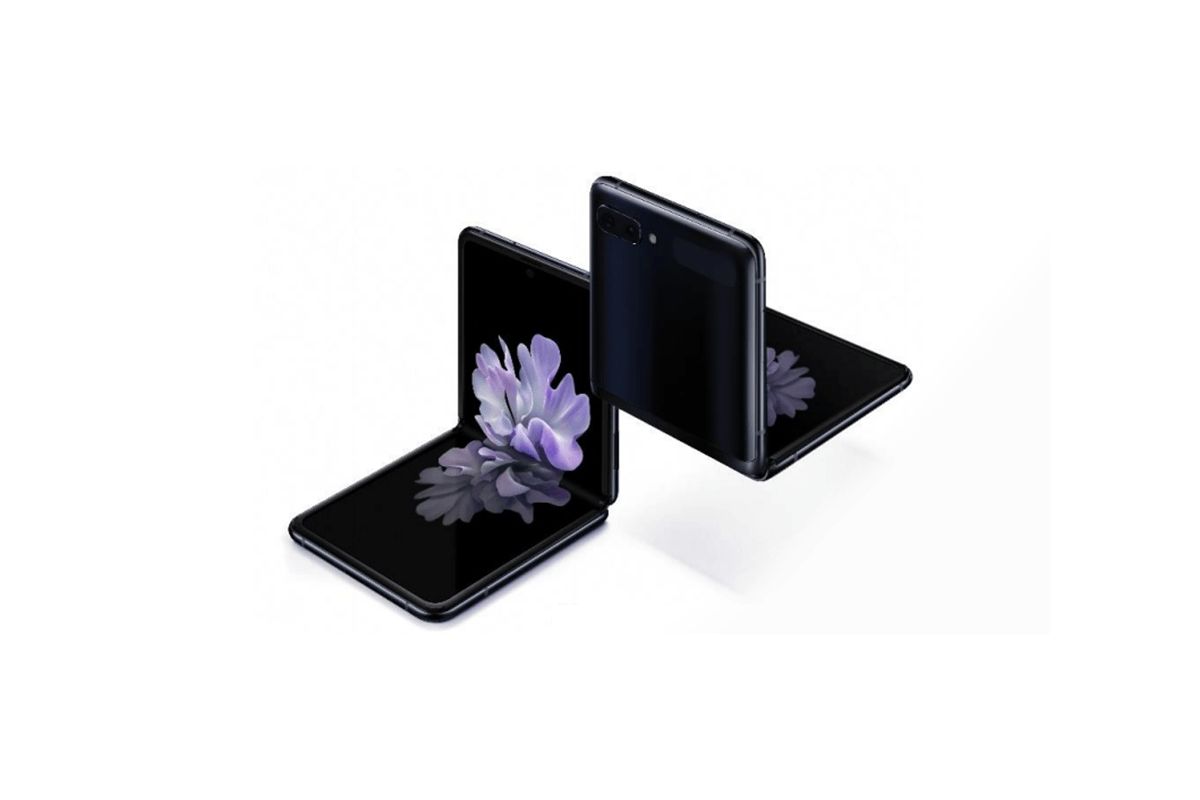After months of leaks and rumors, Samsung officially unveiled the Galaxy Z Flip at the Galaxy Unpacked event earlier this year in February. Unlike Samsung's flagship Galaxy S20 lineup, the Galaxy Z Flip featured last year's Snapdragon 855+ chip and it didn't include 5G support. However, over the last few weeks, there have been rumors that the company is working on a 5G version of the foldable device. The rumors are mostly based on the fact that the company has started software development for a Galaxy smartphone with the model name "SM-F707B".
Since the original Galaxy Z Flip goes by the model number "SM-F700", it was believed that the "SM-F707B" is a successor to the Z Flip, as "SM-F" has been reserved for Samsung's foldable devices so far. For instance, the Galaxy Fold has the model number SM-F900. On top of that, the "B" in "SM-F707B" is believed to signify that this Galaxy Z Flip successor will support 5G connectivity. The reasoning commonly given for this assumption is that Samsung has previously appended "B" to the model names of devices with 5G support, such as in the case of the Samsung Galaxy S10 5G (SM-G977B) and the Samsung Galaxy A90 5G (SM-A908B). However, the existence of SM-707B firmware isn't confirmation that there's a 5G Galaxy Z Flip and the "B" at the end isn't always used for 5G Galaxy smartphones.
Now, though, we have pretty definitive evidence that there is indeed a 5G variant of the Galaxy Z Flip in the pipeline, which goes by the model number SM-F707B. We've spotted a certification filing online, submitted by Samsung themselves, which ties the marketing name and model number together. As you can see in the attached screenshot, the certification filing mentions the commercial name Galaxy Z Flip 5G and the product name SM-F707B. It's worth noting that the filing was spotted on the same certification source that has previously helped us confirm that the OPPO Find X2 Neo is the same device as the Chinese Reno3 Pro and that the Galaxy A71s 5G would feature support for Verizon's mmWave network. Therefore, we have no doubts regarding its credibility.


